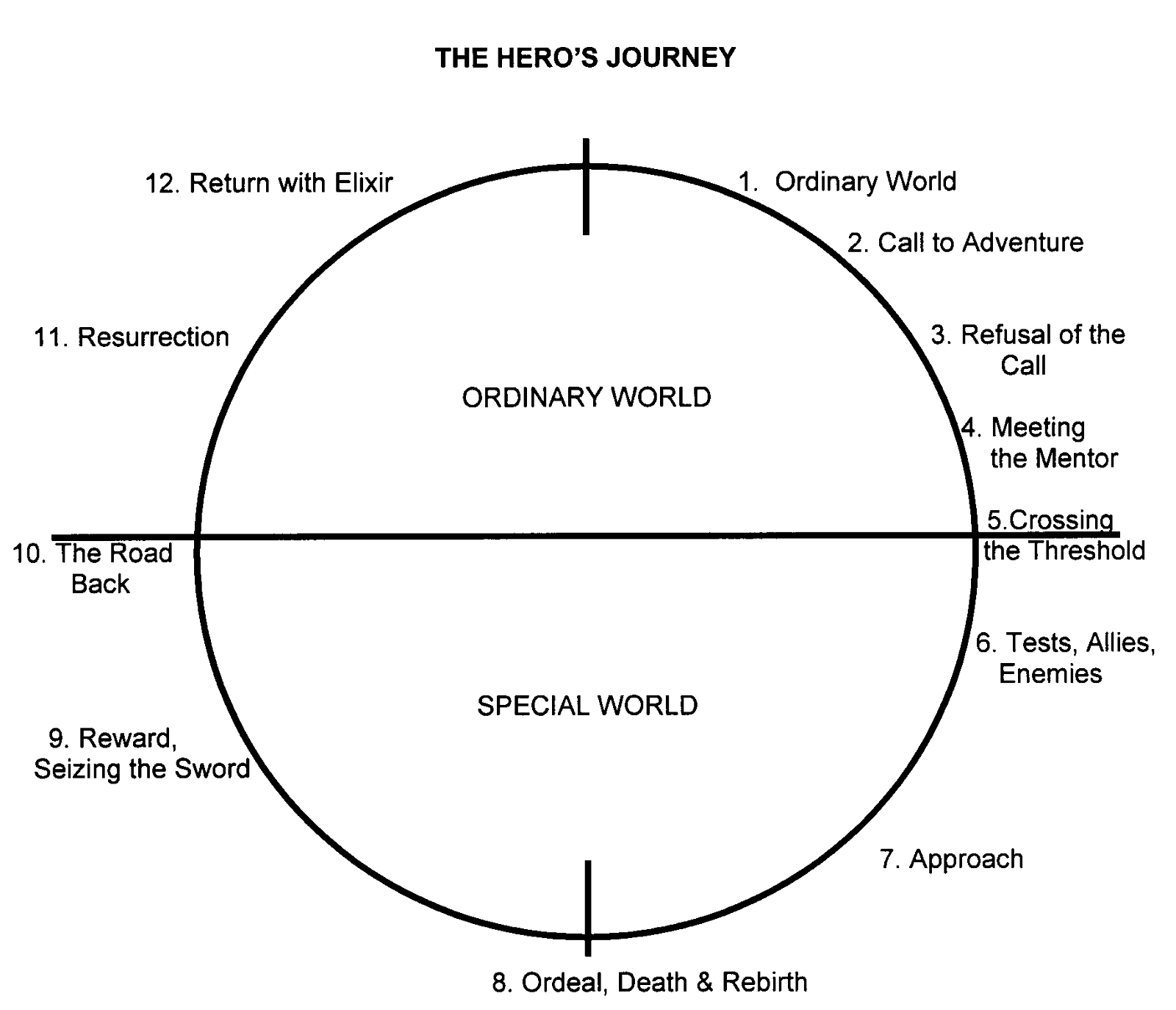Kelly is a good friend of mine and I enjoy reading her thoughts and experiences. A recent article she wrote was titled “Confessions of a return missionary”. The article was a great honest account of her experience while she was an LDS missionary in England. The article can be found here: https://medium.com/@kelly.huh/co...
Here is my friendly response to her “Confessions of a return missionary”. Upon reading Kelly’s article, many aspects of her confession stood out to me.
Filling in long hours of your day with fluff lessons
Targeting the most vulnerable, passive, and lazy people on the street so someone, anyone would talk to you!
The dogmatic mindless approach to rules and accumulating statistics
Micromanagement of investigators
The creeping feeling in the back of your mind that you’re committing people to do things that you’re not even sure of
The article focuses on many aspects of missionary culture that are not the most positive. Although it is a candid account of the mundane, unsatisfactory, and imperfect life of foolish adolescents-this is obviously a personal subjective reflection of what occurred. I think it unfairly projects a message that missionary work is insincere and futile, even though I know this is not Kelly’s intent.
Of course, there are many missionaries that are insincere. Some are there just because of societal pressures, but this is disregarding the deeper importance that the call and performance of a mission has. This piece magnifies the cultural annoyances and imperfections of a mission and skips over the significant responsibility for a young adolescent to face things that make them uncomfortable, learn to navigate within a structured time frame, remain accountable to statistics and goals, and most importantly the call to grow the hell up. All things that equip us to better face the world.
Now to Kelly’s point, I can think of many people that have had a similar experience. Essentially what I’m saying is that the cultural aspects of missions are a manifestation of the follies of young adults and overzealous mission presidents, but I think the concept of missionary work must be taken from the perspective of the Hero’s Call to Adventure. If not taken from this perspective, then Kelly is right-your mission was futile, ineffective, and if you could go back- you shouldn’t go on a mission.
In archetypal and mythological studies, the Hero’s Journey is a common pattern that can be abstracted from these stories. The famous novels of our day (Harry Potter, Lord of the Rings, Star Wars, etc.) all contain the Hero’s journey. The cycle consists of crises, victories, heartaches, rebirth and ultimately a victorious transformation. Not only is it the path that all great hero’s must experience, but also the pattern that individuals must follow to find fulfillment and success in this life.

An LDS mission is not essential to find success in this life, but in the church, it acts as a call to action-the second stage of the Hero’s Journey. It is a call for adventure not only for youth wading in nihilism, but for those seeking to discover a deeper meaning in themselves.
The call to adventure is a critical stage in our life. Because prior to that, we are residing in the ordinary world (The first stage of the Hero’s Journey). We live completely dependent on our parents with little meaning or responsibility in our lives. Additionally, we live as a lesser version of ourselves and fail to achieve something more. But then comes the call to adventure. The call to embark on something greater than ourselves, to discover who we are, what we lack, and the opportunity to bear greater responsibility.
The call is initially exhilarating, but that quickly vanishes when we are thrust into the mission field- facing things that we fear most: past weaknesses that come back to haunt us, excruciatingly annoying companions, and the hollowness of our attempt to be sincere. But as we choose to voluntarily delve deeper into the Hero’s call to adventure, we chip away at the weaknesses that bind us down.
It’d be naïve of me to not recognize that many simply go through the motions and do not experience any real change. But that is beside the point-a mission is the church’s symbolic and literal call to adventure: a responsibility that we must choose to bear. And don’t think the adventure ends at the completion of your 2 years or 18 months-it is simply the beginning.
So yes, many have experienced guilt from their mission due to the stupid, naïve, and insincere things they did-but all of that is part of the calling. If we think that the mission was supposed to be a time in our life where we dragged souls from the depths of hell and performed services that pulled people out of poverty-then we may be living in a pipe dream.
Perhaps some people’s missions really did help a lot of people, but more importantly the call of a mission is your call to action. Your call to realize the great potential you have. Your call to bear the responsibilities and sufferings of this life.
And as a returned missionary the initial call to adventure continues in our lives. As we learn to put our own house in order before we try to rearrange and save the world- we make a much bigger impact as a responsible individual. One that is willing to bear the suffering that will inevitably come into our lives, handle it accordingly and tilt the world a little bit more towards the light. That to me is the essence of the missionary’s calling-a call to adventure to bear responsibility, accept the suffering that will come into your life, and to put your damn house in order.
You can follow me on Quora @ www.Lybertarian.quora.com and you can follow Kelly Huh on Medium @ Keligraphy